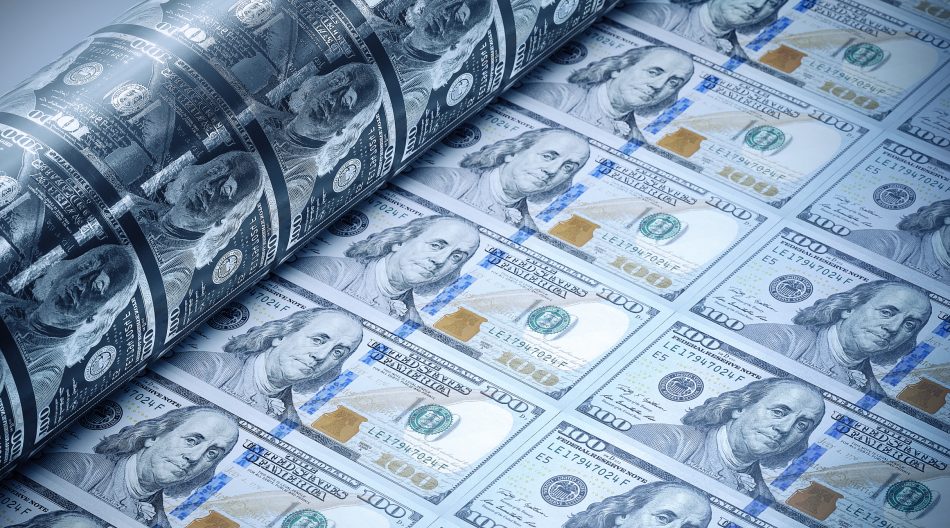ygolo
My termites win
- Joined
- Aug 6, 2007
- Messages
- 6,731
I have read about multiple CEOs (including Mark Zuckerberg and Elon Musk) making disparaging remarks around remote work.
Here's yet another:

 fortune.com
fortune.com
Among Millennials, Zuckerberg by himself has a significant portion of the wealth of that generation. I don't agree with may people's characterization of these people as parasites or freeloaders, but to say that they are taking an outsided portion of the world's resources is pretty accurate.
I believe genocides and coups of the past, in France, Germany, Rwanda, and even the insurrection on Jan 6th in the US are symptoms of frustration directed towards I'll ends. They are examples of labor-type collapse of societies.
Out of touch comments like the one linked abound. There lower level executives and managers who make similar comments. Pundits on shows make similar comments.
I, for one, especially for people who do most of their work on the cloud, believe people can spend a lot less time commuting, and spending much more time with family.
My mom has been able to work remotely, and spend time with her granddaughter, and with me when I was sick. I was able to actually do work despite being to dizzy to drive.
Forcing people back to the office is taking the world of work backwards.
I understand that there are somethings that require a person being some particular place at some particular time. But if you spend your time writing documents and writing code, I don't feel like that qualifies.
If people's loyalties are shifting away from corporations and their teams towards family and friends, I believe it's actually a very healthy thing for society.
The scapegoating of remote work for incompetent management and greedy rent-seeking is I would say a sign to vote with your feet.
Here's yet another:

Commentary: BlackRock CEO Larry Fink’s comments about inflation and remote work show poor judgment
Evidence that remote work increases productivity is ample–and Larry Fink could have assigned an intern at BlackRock to find it, says Gleb Tsipursky.
Among Millennials, Zuckerberg by himself has a significant portion of the wealth of that generation. I don't agree with may people's characterization of these people as parasites or freeloaders, but to say that they are taking an outsided portion of the world's resources is pretty accurate.
I believe genocides and coups of the past, in France, Germany, Rwanda, and even the insurrection on Jan 6th in the US are symptoms of frustration directed towards I'll ends. They are examples of labor-type collapse of societies.
Out of touch comments like the one linked abound. There lower level executives and managers who make similar comments. Pundits on shows make similar comments.
I, for one, especially for people who do most of their work on the cloud, believe people can spend a lot less time commuting, and spending much more time with family.
My mom has been able to work remotely, and spend time with her granddaughter, and with me when I was sick. I was able to actually do work despite being to dizzy to drive.
Forcing people back to the office is taking the world of work backwards.
I understand that there are somethings that require a person being some particular place at some particular time. But if you spend your time writing documents and writing code, I don't feel like that qualifies.
If people's loyalties are shifting away from corporations and their teams towards family and friends, I believe it's actually a very healthy thing for society.
The scapegoating of remote work for incompetent management and greedy rent-seeking is I would say a sign to vote with your feet.




